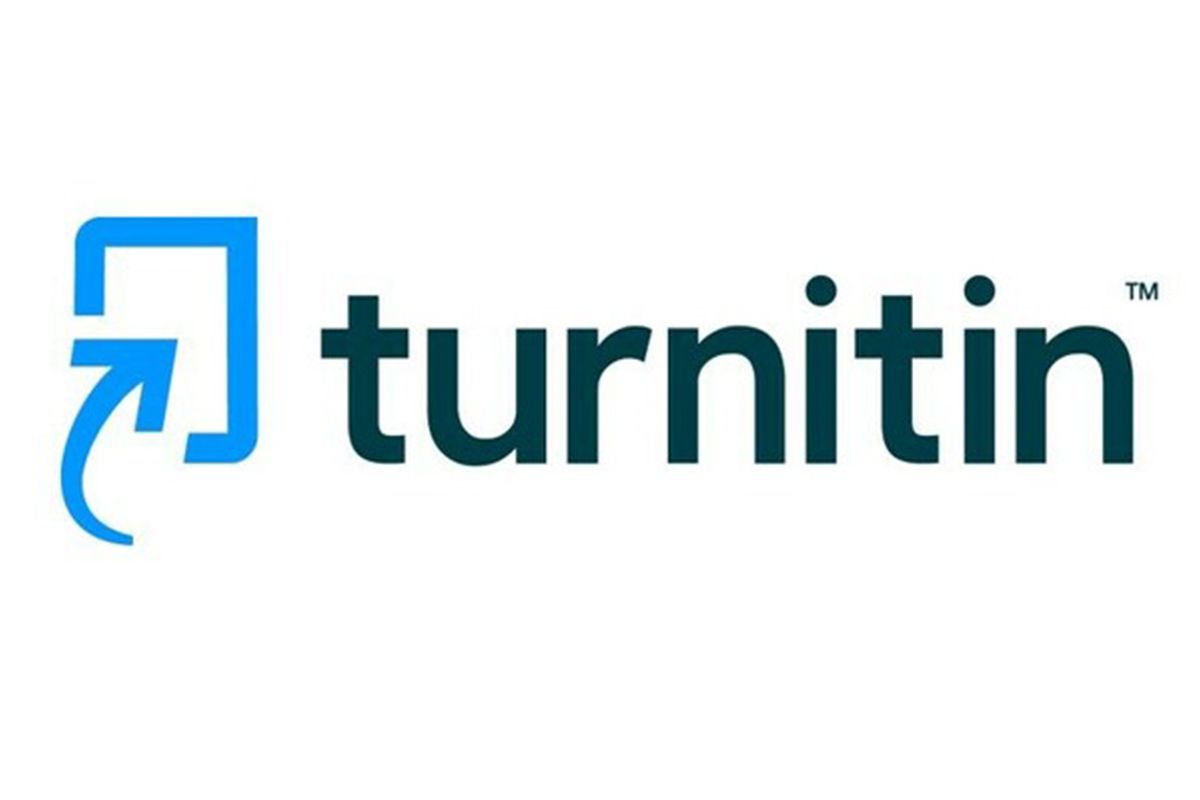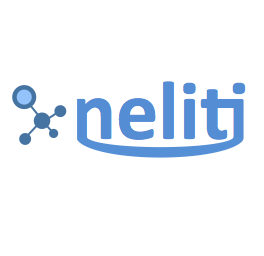| MAIN MENU |
| Focus and Scope |
| Peer Review Process |
| Publication Ethics |
| Author Guidelines |
| Article Processing Charges |
| Reviewers |
| Editorial Team |
| Online Submission |
| Article Templates |
Publication Ethics
Ethical Guidelines for Journal Publications in the Field of Technology, Business and Entrepreneurship
Ethics & disclosures
The journal is committed to maintaining the highest level of integrity in the content published.
This journal has a competing interest policy in place.
All SINTA journals require authors to comply with international, national and/or institutional standards of research reporting. This is particularly important for studies involving human and/or animal participants, their data and biological material, and Informed Consent.
The journal is a member of the Committee on Publication Ethics (COPE). It subscribes to COPE's principles for addressing misconduct. This means the journal is committed to investigating any allegations of misconduct, to maintain the integrity of research.
The journal may use plagiarism detection software to screen submissions. If plagiarism is identified, the (COPE) guidelines on plagiarism will be followed.
Content published in this journal is peer reviewed (single-anonymous).
Author Responsibilities:
- Originality and Plagiarism: Authors must ensure that their work is original and properly acknowledged. Plagiarism, including self-plagiarism, is strictly prohibited.
- Data and Results Integrity: Authors should accurately represent their research findings and provide a clear and transparent description of the methods used. Fabrication, falsification, or manipulation of data and results are unacceptable.
- Multiple, Redundant, or Concurrent Publications: Authors should not submit the same manuscript to multiple journals simultaneously. Prior publication or simultaneous submission of substantial parts of the manuscript is considered unethical.
- Authorship and Acknowledgments: All individuals who have made significant contributions to the research should be listed as co-authors. Proper acknowledgment of funding sources and other contributions is essential.
Reviewer Responsibilities:
- Confidentiality: Reviewers should maintain the confidentiality of the reviewed manuscript. They must not share, discuss, or use the information obtained through the review process for personal gain or advantage.
- Objectivity and Constructive Feedback: Reviewers should conduct the review process objectively and provide fair, unbiased, and constructive feedback to help improve the quality of the manuscript.
- Conflict of Interest: Reviewers must disclose any potential conflicts of interest that could compromise their impartiality in reviewing the manuscript. If a conflict is identified, reviewers should decline the review or notify the editor promptly.
Editor Responsibilities:
- Fair and Unbiased Evaluation: Editors should ensure a fair and unbiased evaluation process for all submitted manuscripts, regardless of the authors' identity, affiliation, or other characteristics.
- Confidentiality: Editors must handle submitted manuscripts confidentially and should not disclose any information about the manuscript to anyone other than the authors, reviewers, and necessary publishing personnel.
- Disclosure of Conflicts of Interest: Editors should disclose any conflicts of interest that may affect their judgment and decision-making during the review process. If a conflict is identified, the editor should recuse themselves from handling the manuscript and assign it to another qualified editor.
Publisher Responsibilities:
- Peer Review Process: Publishers should establish and maintain a robust peer review process to ensure the quality and integrity of published articles. They should also monitor the performance and effectiveness of the peer review system regularly.
- Ethical Guidelines: Publishers should provide clear and accessible guidelines for authors, reviewers, and editors, outlining the expected ethical standards for publication in their journals.
- Corrections, Retractions, and Errata: Publishers should have mechanisms in place to promptly address and correct errors, retract articles if necessary, and publish errata or corrections when appropriate.
Conclusion:
Adhering to these ethical guidelines will contribute to the overall quality, integrity, and trustworthiness of journal publications in the field of Technology, Business and Entrepreneurship. Authors, reviewers, editors, and publishers should all work together to ensure the highest ethical standards are maintained throughout the publication process, fostering a culture of responsible research and scientific progress.









